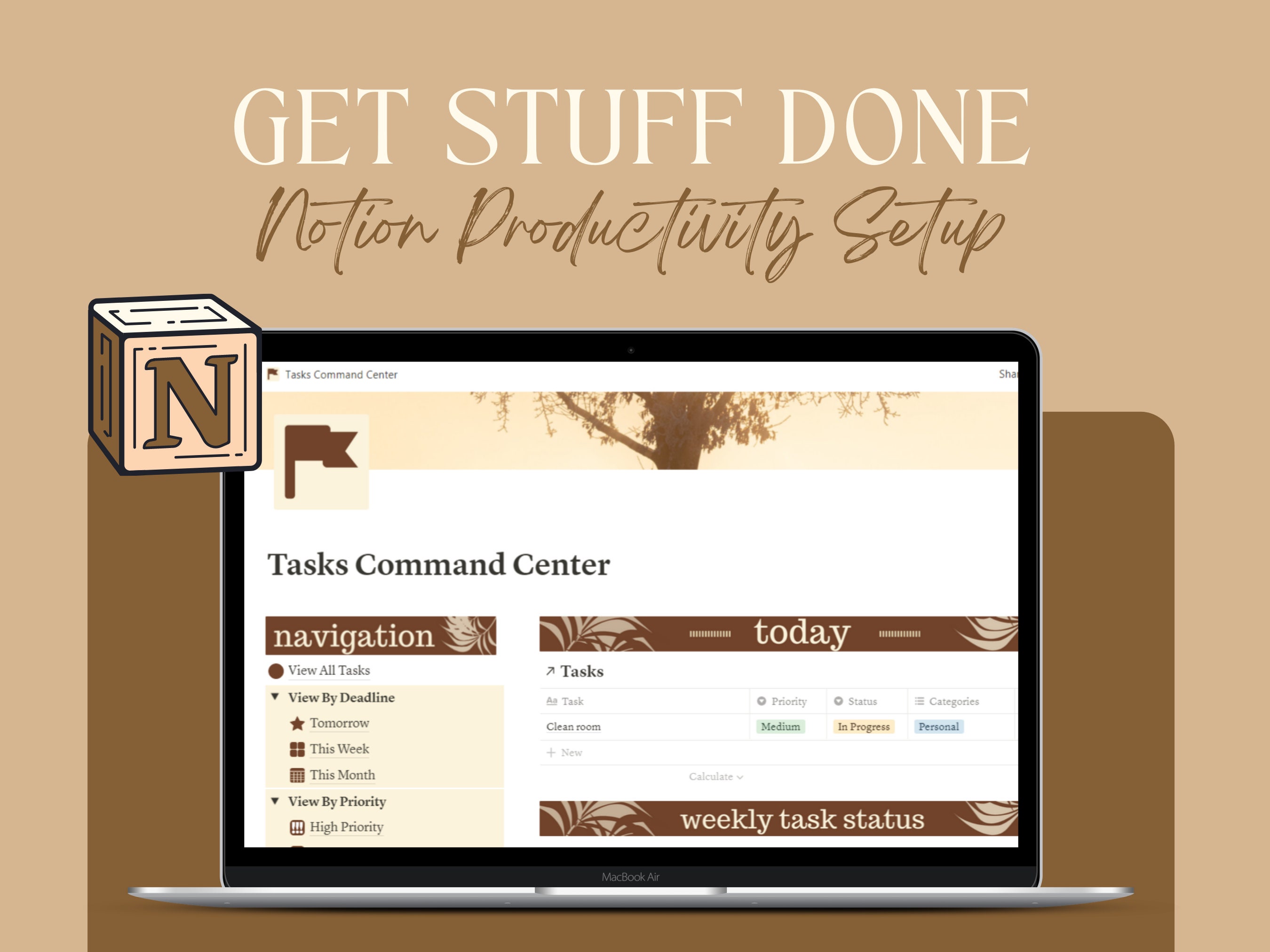

There is a free personal version of Notion to “organize every corner of your life.” You get unlimited pages and blocks and can share with five guests. There is an API in BETA, though the integration with other products is still quite light. They acquired the automation tool Automate.io, a Zapier competitor, to connect users with tools specific to their work. Notion’s primary competition comes from Microsoft Teams, followed by Slack.

Their team grew from 40 to 200 and they were valued at $10 billion–– unicorn status. Eighty percent of their users are outside of the United States. They went from 2 million users in 2019 to 20 million users by October 2021. Headquartered in San Francisco, the pandemic and need for a single collaborative workspace catapulted Notion. The question is, could you reduce the number of tools the firm uses and have it all in one place? That is the problem Notion is trying to solve. It helps to have a reason to use it, but likely you or your firm may not be seeking to replace or disrupt the tools you already use. You can do a lot with Notion, which is both a boon and a curse. The minimalist interface belies the complexity. They further describe it as a toolbox of building blocks to let you manage work and life in whatever way you find most useful. It can be used by an individual or as a team. Notion lets you collaborate, annotate, store, search, generate and manage tasks, documents, workflows, and information. What is Notion? Notion wants to bring the “duct-taped” tools that include email, document editors, databases, task management and more into one product.


 0 kommentar(er)
0 kommentar(er)
